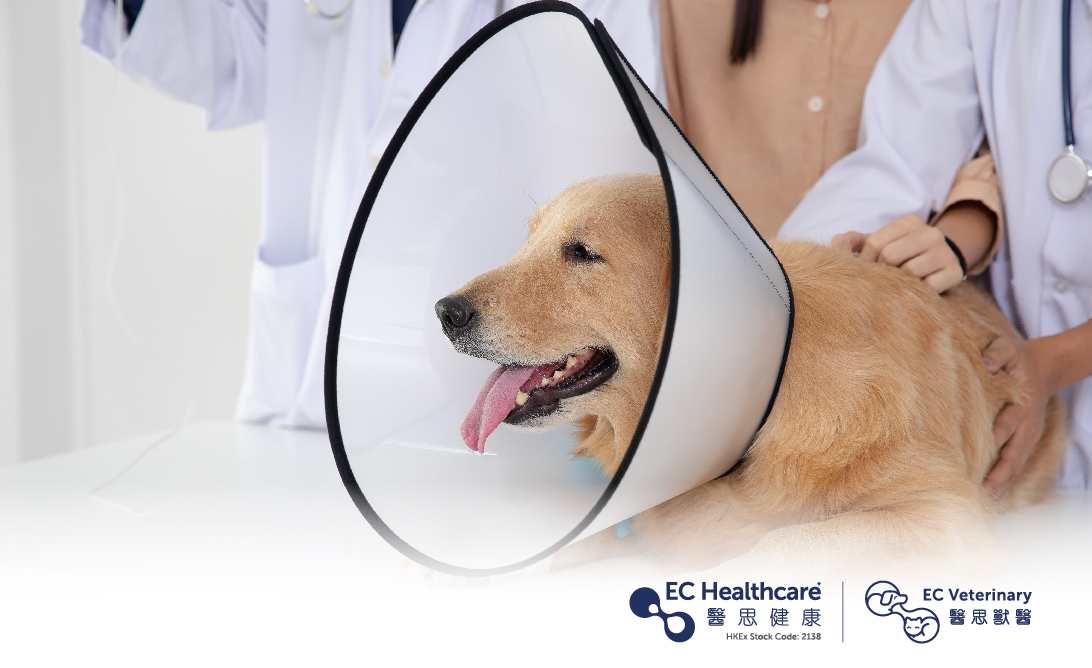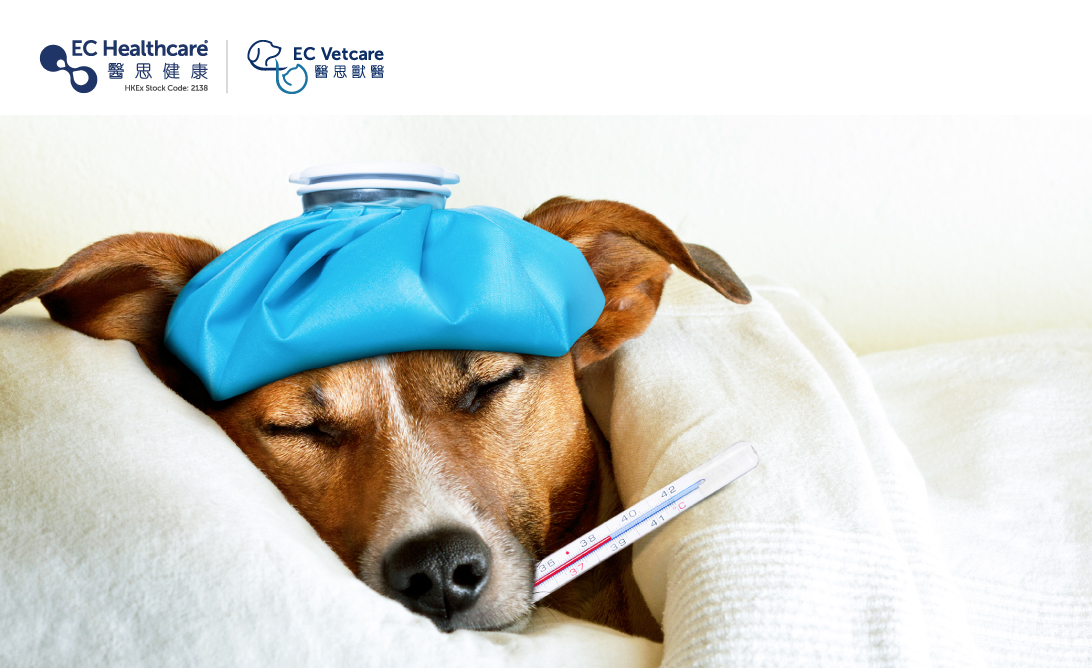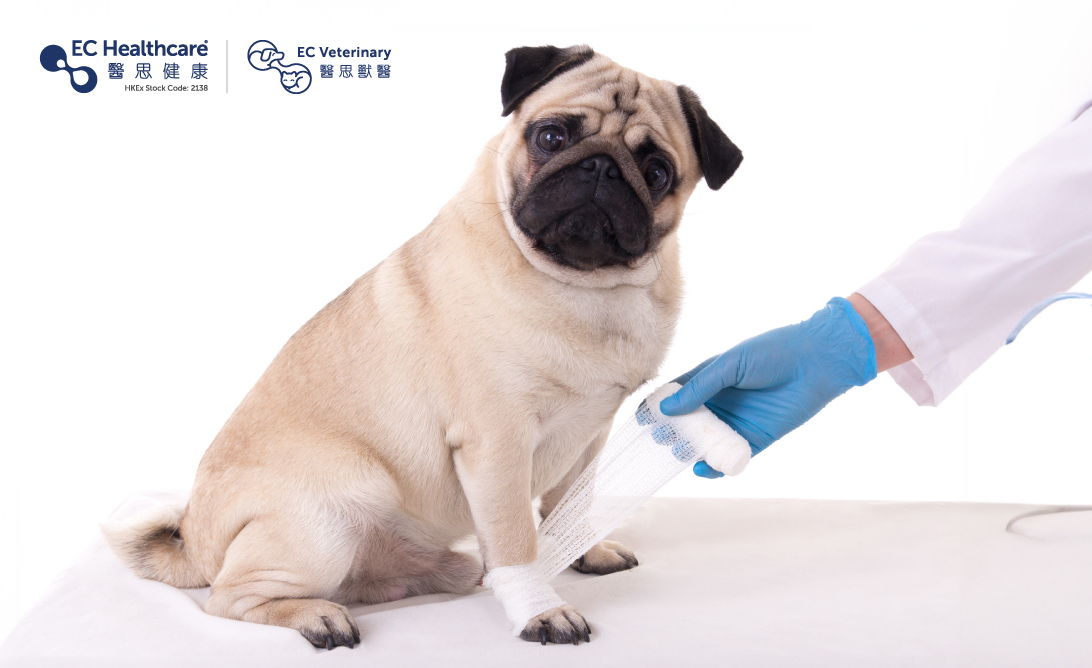A Complete Guide on the Importance of Desexing Your Pet


Many pet owners are troubled by whether they should desex their cats and dogs. Seeing your loved pet suffering from pain and discomfort after the surgery is surely painful. Yet, it is better to endure this short-term pain as there are multiple long-term benefits when you desex your beloved cat or dog, such as preventing many diseases. In this blog, we have summarised the information on neutering your pets, so keep reading to know more!
What are the benefits of desexing your pet?
Intact (not spayed or neutered) cats and dogs are more prone to illnesses, especially hormone-related diseases. Their conditions can also be very severe.
If intact cats and dogs have not produced any offspring, males will be at risk of developing testicular cancer and prostate diseases, while females will be more prone to mammary problems such as mammary cancer and uterine and ovarian diseases. Pyometra is the most common and serious disease that can trigger kidney failure, liver and heart inflammation and even death in severe cases. Desexing your pet can reduce its risk of these diseases.
On the other hand, desexing can also reduce behavioural problems. Neutered pets will not experience the oestrus cycle anymore, which reduces their stress and aggressive behaviours such as marking their territories, spraying urine on furniture, and escaping and roaming. Most desexed pets become gentler and less aggressive.
Neutering pets can also prevent unwanted pregnancy, hence reducing the number of stray or unwanted animals.
When is the right time to get your pet desexed?
Generally speaking, dogs can be neutered when they reach 6-8 months of age, while cats can be neutered when they reach 6 months of age. They can also get neutered when they start to show oestrous behaviours (e.g., urine spraying, becoming more vocal). You should get your pet vaccinated before neutering to avoid infections from other animals in the hospital.
Is a health check-up necessary before neutering?
There was once a cat owner who brought his cat for neutering, but the cat suffered from shock suddenly and died. Its cause is elevated liver enzyme levels which are not identified before the surgery since no blood test is performed, leading to this tragedy. Therefore, both cats and dogs need a comprehensive health check-up before the neutering procedure. The most ideal way is to arrange all kinds of vaccination and preventive measures (e.g., deworming and flea treatment), as well as a blood test before the surgery to ensure that your pet is in a healthy state for neutering.
Before the surgery, your pet should fast for 6 to 8 hours and should not drink any water for 2 to 4 hours. This avoids the reflux of food and water in the stomach during the surgery which can obstruct the airway and cause danger. After the surgery, you should bring your pet home only when it regains complete consciousness after the anaesthesia wears off.
If you love your furry friend and want to safeguard its health, remember not to overlook the importance of neutering.
Related Brands










